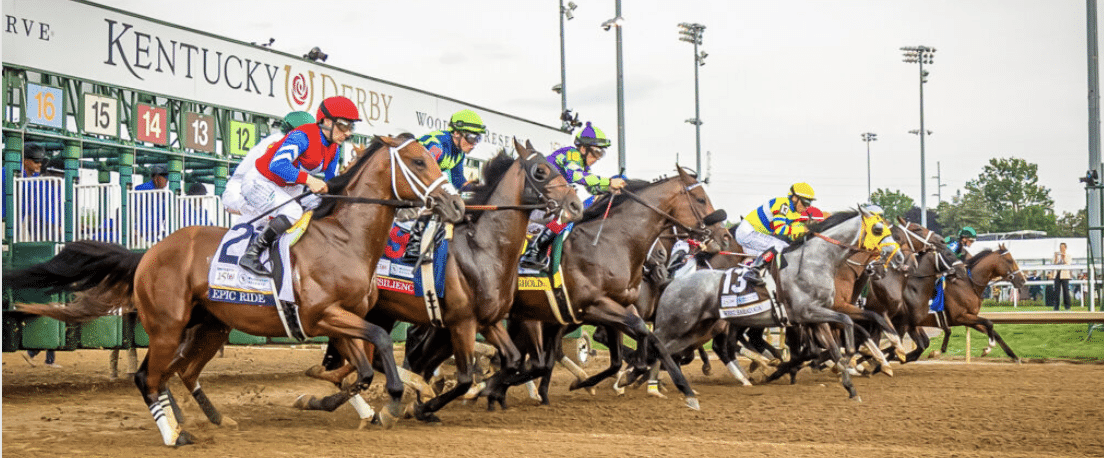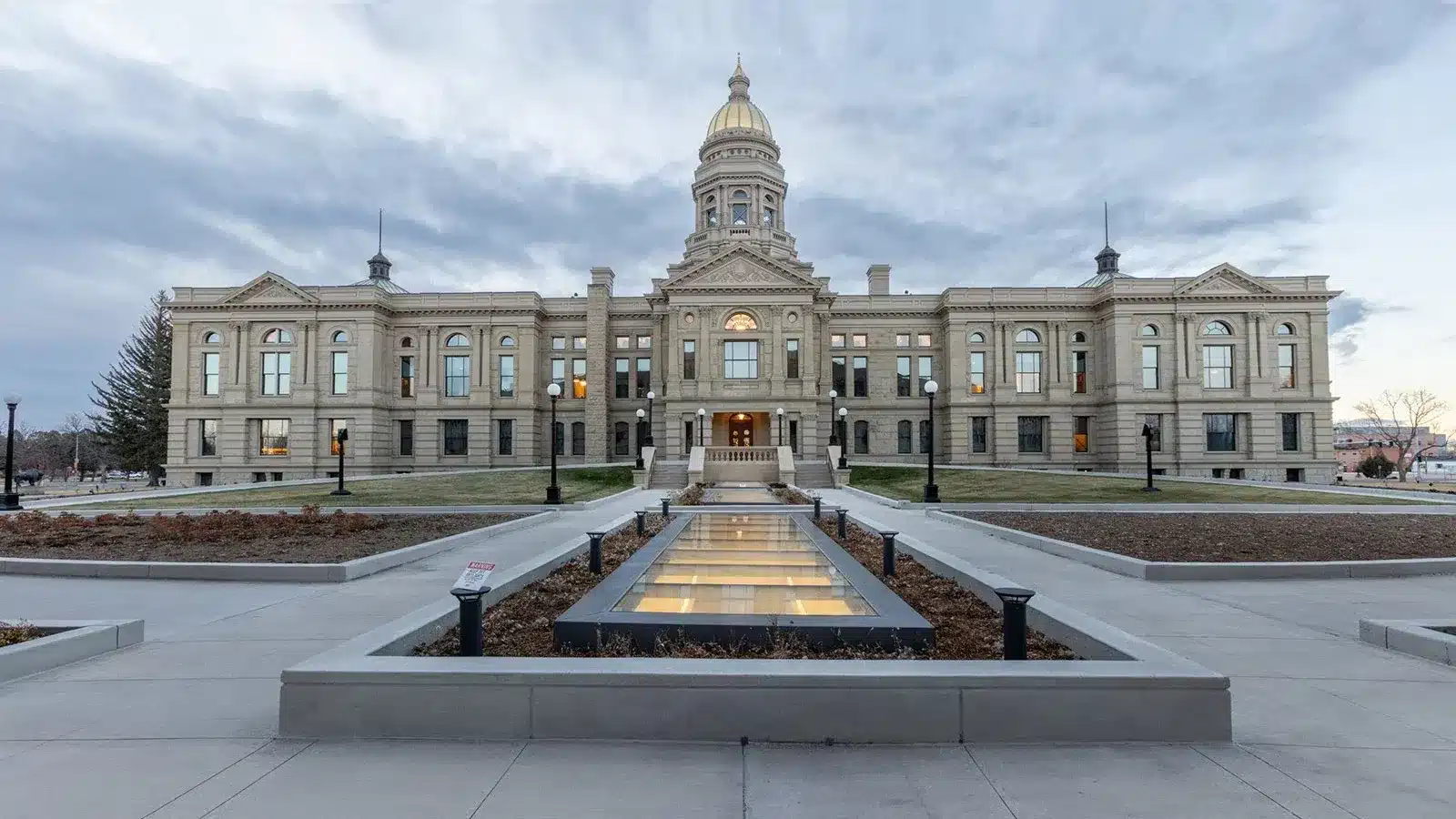
IGRA: 35 years of Tribal gaming growth

It has been 35 years since Congressional hearings debated the regulation of Indian gaming, which resulted in a significant shift in what is now a $39bn industry, reaching nearly 250 Tribes in 29 states. As the industry looks toward the 35th anniversary of the Indian Gaming Regulatory Act (IGRA) this October, the industry has undoubtedly grown in both size and impact. With the increasing use of internet gaming platforms, and as states continue to authorize commercial gaming, IGRA is more important than ever. The act protects Tribal authority and acknowledges the unique and diverse governmental nature of Indian gaming. From my national regulatory perspective, the flexibilities built into IGRA over 35 years ago will shape IGRA’s strength moving forward, and help ensure its relevance as it matures.
IGRA’s expectation for the National Indian Gaming Commission (NIGC) to incorporate flexibilities into its compliance activities was baked in from the start. Both federal and Tribal lawmakers acknowledged that a one-size-fits-all approach to regulatory oversight could limit and work against Tribes’ adoption of regulatory practices best suited for the local level. Federal lawmakers, like (then) Rep. Campbell, Sen. Inouye and others, knew the Act must foremost recognize and limit intrusions into Tribes’ authority to govern, as well as provide maximum flexibility for Tribes to preserve both Indian gaming and the value it brings to many Native American communities. In what is perhaps its most enduring and important feature, IGRA provides the framework to improve upon a Tribe’s existing capacity to regulate. Even back in 1988, lawmakers recognized and valued Indian gaming’s potential to cultivate core Tribal governmental functions, and provided the legislative authority and inherent flexibility for NIGC to assist in this effort.
From my national regulatory perspective, the flexibilities built into IGRA over 35 years ago will shape IGRA’s strength moving forward, and help ensure its relevance as it matures.
IGRA’s inherent flexibility
In contemplating Indian gaming’s growth, lawmakers also understood that the gaming industry is one of innovation and change. In what has been a significant impact on the industry today, IGRA straightforwardly defines bingo as a Class II game. Inside the definition resides an understanding that courts, Tribes, gaming system developers and the Commission all acknowledge was Congress’ desire to provide flexibility to tribes, to expand the play of Class II games through technology. IGRA and NIGC regulations both recognize that the game of chance, commonly known as bingo, can be played whether in electronic form, on a computer, and with or without other technologic aids.
Under IGRA’s delegation of authority, NIGC has issued regulations to carry out its duties, and has implemented minimum internal controls for Class II gaming and Class II technical standards. To extend flexibility, the Commission included methods for Tribes to submit Alternate Technical Standards, and Alternate Minimum Internal Control Standards. This supports a Tribes’ decision-making authority when it comes to both security and the technology-driven changes they may wish to implement, balancing effective oversight with growth and innovation. Federal lawmakers’ efforts to achieve this balance anticipated that Indian gaming would need to become a reliable tool for economic resilience. In a recent example, NIGC worked with the Chickasaw Nation and approved the Tribe’s alternate technical standards under 25 C.F.R. Part 547.17(b) – Minimum Technical Standards for Class II Gaming Systems and Equipment. For Class II mobile gaming using player-owned mobile devices, such as smartphones and tablets, the Chickasaw Nation Tribal gaming regulatory agency developed and submitted documentation for a new approach to oversight, based on best practices from other jurisdictions, which regulate mobile gaming.
The flexibilities found in NIGC regulations also exist in the Act itself. At its core, IGRA provides for a multijurisdictional regulatory framework (federal, state and Tribal) that recognizes the inherent sovereignty of Tribes. Courts have repeatedly upheld Tribes’ authority to both operate and regulate gaming before and after IGRA’s passage – and will likely continue to be mindful of placing limits on Tribes’ distinct governmental authority in this area. In addition to the Agency’s ability to shape regulatory rules, the Act provides two important flexibilities that reflect Tribes’ sovereignty over their gaming operations: (1) the Commission’s authority to define terms in IGRA or otherwise promulgate processes for requirements listed in IGRA; and (2) a path to become self-regulated, including less federal oversight and smaller NIGC fee payments.
Many may not be aware that under IGRA, any Tribe that operates a Class II gaming activity can petition the NIGC Commission for a certificate of self-regulation. The principles behind self-regulation are grounded in the benefits of greater flexibility and less redundancy in federal regulation. Currently, five Tribes have successfully achieved self-regulation status, three of which gained their status in the last seven years. Tribes interested in starting the path to self-regulation should contact NIGC’s Office of Self-Regulation and review the Agency’s regulations which lay out the petitioning process.
Similarly, the Commission has used its deference to further define what meets the annual audit submission requirements listed in IGRA. Previously the Commission used regulatory flexibility in the form of a waiver process to achieve the appropriate level of oversight for operations making less than $2m in gross gaming revenue (GGR). This gave many Tribal operations much needed financial relief, and ultimately resulted in this year’s regulation changes. Now the waiver determination for operations with less than $2m GGR is made by the Tribe. Tribes can also opt for an even more simplified accounting process, for small and charitable operations making less than $50,000 GGR.
NIGC pledges to be beside you for the next 35 years, and remains committed to protecting Indian gaming’s reputation for integrity, which serves as a testament to what regulatory excellence can achieve.
Looking toward the next 35
These features of IGRA and NIGC regulations reflect both lawmakers’ and the Commission’s intent to strengthen the regulatory capacity of Tribes, while acknowledging the diversity of Tribal government operations to achieve sound regulation and industry integrity. As a regulatory body, NIGC’s role is to carry out what lawmakers have enacted. I assure you the Agency will continue to execute these flexibilities and carry out the intent of Congress to maximize the positive impact Tribal gaming brings. NIGC pledges to be beside you for the next 35 years, and remains committed to protecting Indian gaming’s reputation for integrity, which serves as a testament to what regulatory excellence can achieve.
Three and a half decades on, IGRA remains a beneficial tool for an important and proven tribal industry. The many voices of Tribal leaders and regulators, industry stakeholders, and this Agency underscore the value of IGRA’s flexibility for the sound oversight of an ever-changing gaming landscape. Moving forward, the Agency must continue to work with Tribes as governments and within IGRA’s flexible framework.
Simermeyer, a member of the Coharie Tribe, was first appointed in 2015 to serve as NIGC’s Associate Commissioner, and later appointed to be Chairman by the President after the US Senate’s confirmation of his nomination in 2019. While Associate Commissioner, Simermeyer served as the Director of the Office of Self-Regulation. He currently serves in Washington DC as the NIGC’s Chairman and oversees the Federal Regulatory Agency’s national operations.
Tags/Keywords
Gaming America’s editorial staff provides authoritative coverage of iGaming, esports, and sports betting across the U.S. and Latin America in multiple language editions. Drawing on deep industry expertise, the team combines rigorous journalism with comprehensive testing of licensed operators, evaluating security, bonuses, markets, user experience,...
Players trust our reporting due to our commitment to unbiased and professional evaluations of the iGaming sector. We track hundreds of platforms and industry updates daily to ensure our news feed and leaderboards reflect the most recent market shifts. With nearly two decades of experience within iGaming, our team provides a wealth of expert knowledge. This long-standing expertise enables us to deliver thorough, reliable news and guidance to our readers.







